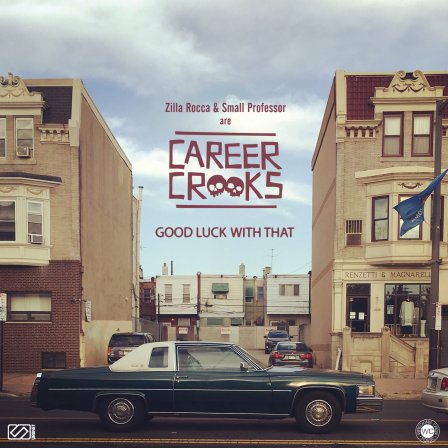Cracks. That’s what it all comes down to, the security guard concludes, two-thirds into an eight-hour shift watching his City’s most popular monument. It’s not the site itself — just another roped-off section in an otherwise nondescript park. It’s not the fall — most of the tourists and schoolchildren lining up to see this thing won’t remember learning how or when that happened. The crack, though — that, they’ll remember. Like everybody’s base-head uncle. After the arcade quarters, keno cards, and that one day at the Eagles game are all spent memories, you’ll still never look at a crumpled sheet of aluminum foil the same. Even after he’s cleaned up and the relationships patched, decent job at the clinic and all that, some things can never be squared. That’s OK, though. Life isn’t just another hustle. Not everything needs to be made whole. Cracks can show. Should show. History’s filled with cracks.
Fire. That’s what took the social worker’s childhood home. Directly speaking, it was a fire that blazed its way from two houses down, scorching black every inch from front door to top-floor ceiling. The City called it an uncontrolled fire. The City that started the fire called it an uncontrolled fire. The City that let the fire burn out of control called it an uncontrolled fire. Really, it was the City that took the social worker’s childhood home. The social worker knows this, considers it yet again while waiting for his next appointment to arrive, craves a hit, and puts it out of mind the way he puts his employer’s name out of mind every time he collects a paycheck. The City of Philadelphia hadn’t meant to burn his house down. It meant to burn his neighbor’s neighbor’s house down. Fire spreads, though. That’s what it does. The City could’ve stopped it, but to do that would’ve been to take something back, to admit wrongdoing. The social worker seethes at his desk, waiting to get fired.
Safe. That’s what home feels like, thinks the bank teller, securing the third of three deadbolt door locks. She had somewhere to be — not the bank, but someplace. That didn’t matter now, though. It was one of those cold, wet winter days, when North Philly looked and felt more like North London, or so she imagined. Not quite cold enough for snow, clear-gray rain fell with all the aches and pains of winter but none of its charm. It was on a day just like this — what — 21 years ago, that everything changed. Christ… 21 years… a lifetime in these parts, sad to say. She sees the tunnel again, pitch, endless, a gun barrel. She hears his voice, his demands, processes the words and turns their meaning inward. This is her safe now. She’d someplace to go, but that can wait. A week later the Blizzard of 96 had blanketed the Northeast, earning its historic name instantly, as she remembered. She’d been scheduled to come back to work that day, but the bank was closed, so she stayed home, snowbound, thankful and safe.
Identity. That’s what South Philadelphia rapper Zilla Rocca returns to time and again throughout Good Luck With That. That’s what producer Small Professor conceals beneath a luchador mask. Zilla dons many as well. Frustrated worker, artist, lover, townie, grownup; he puts on each of these faces throughout the album, vaguely familiar stories of neighborhood angst pulling double duty as intimate character studies. Personalities, like cities, have many sides, surfaces, depths, and dimensions. Sometimes they meet. In rap, they tend to occupy their own spaces — weirdos over here, thugs over there, etc. As in professional wrestling, authenticity is secondary to character development, as it should be. Many a talented songwriter have identified this, exploited it even. Here, however, is something more honest than simply pulling a curtain or lifting a veil. Here is a frank meditation on place and profession, and the ways their interwoven materials inevitably inform our identities.

